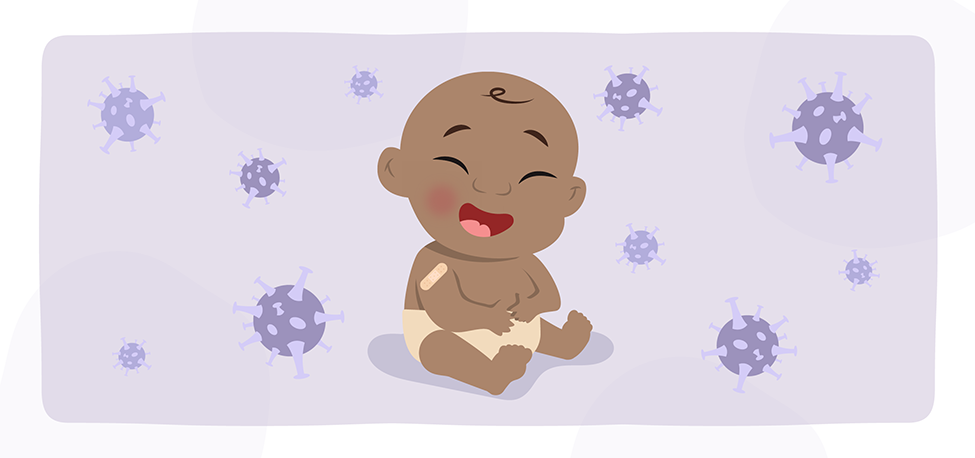A new immunisation demonstrating 80 per cent effectiveness at preventing hospitalisations from respiratory syncytial virus (RSV) in babies – the leading cause of infant hospitalisation in the country – is now available across Western Australia, including at Aboriginal Medical Services.
In clinical trials for nirsevimab, an antibody that provides immediate protection against RSV; immunisation was 82 per cent effective at preventing hospitalisations for RSV-related lower respiratory tract infections and 87 per cent effective at preventing severe RSV illness requiring oxygen support.
In an Australian first, WA infants under eight months old are being offered immunisation as part of a state government-funded program expected to prevent about 700 infant hospitalisations from the highly communicable virus, which infects more than 65 per cent of all infants in their first year of life.
Since the program started in April, more than 8,361 infants in the state have had a dose of RSV immunisation.
The program launched as more than 100 cases of RSV were recorded in the Kimberley for the month of April, compared to the monthly average of about 20 to 30.
Aboriginal Health Council of Western Australia Public Health Medical Officer Dr Caitlyn White said recorded RSV cases and hospitalisations for the state were higher already this year than at this time in 2023, indicating the start of a big RSV season.
She urged parents across WA to immunise their young babies, whose smaller airways make them more likely to have a serious outcome following an RSV infection – including potential hospitalisation and an increased risk of developing childhood asthma.
“Every year RSV hospitalises around 1,000 babies in WA, with Aboriginal infants being hospitalised at higher rates than non-Indigenous children,” Dr White said
“Now is the time to visit your local AMS and get your young infants immunised.”
One dose of nirsevimab, given via injection, protects infants for at least five months, covering them for the duration of an average RSV season, which is typically May through to September.
For every 25 infants who receive nirsevimab, one RSV-related hospitalisation is prevented.
All Aboriginal babies born on or after 1 October 2022 are eligible for RSV immunisation at GP practices, Community Health Clinics and Aboriginal Medical Services that provide childhood immunisations.

